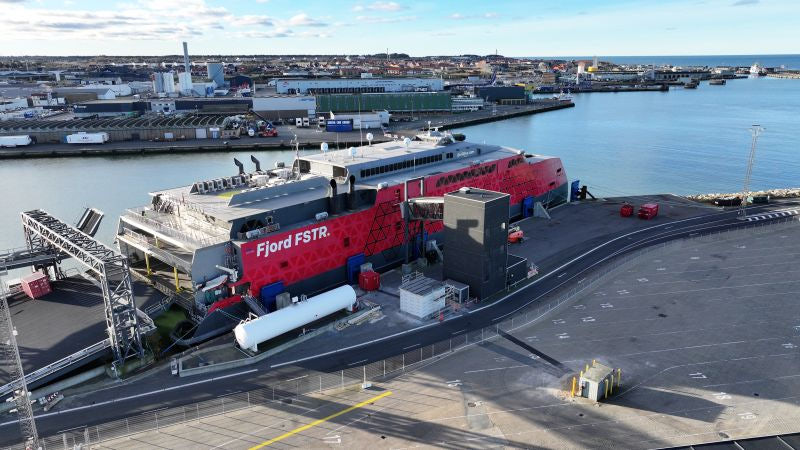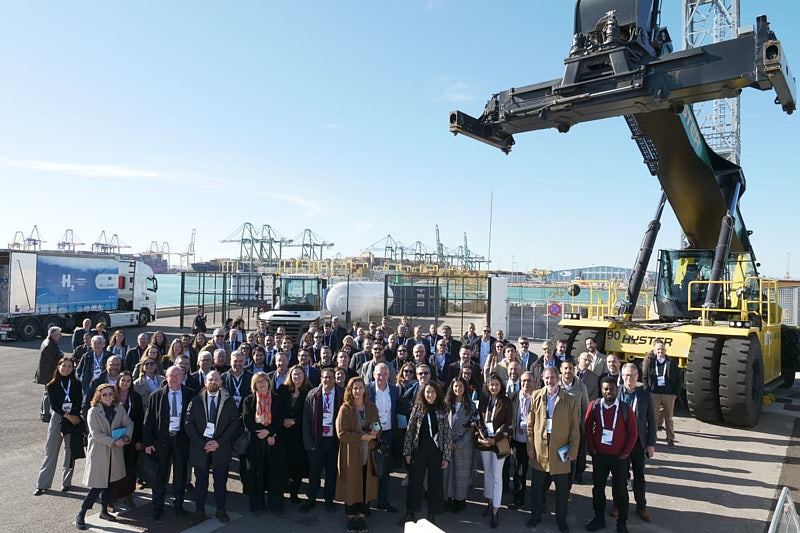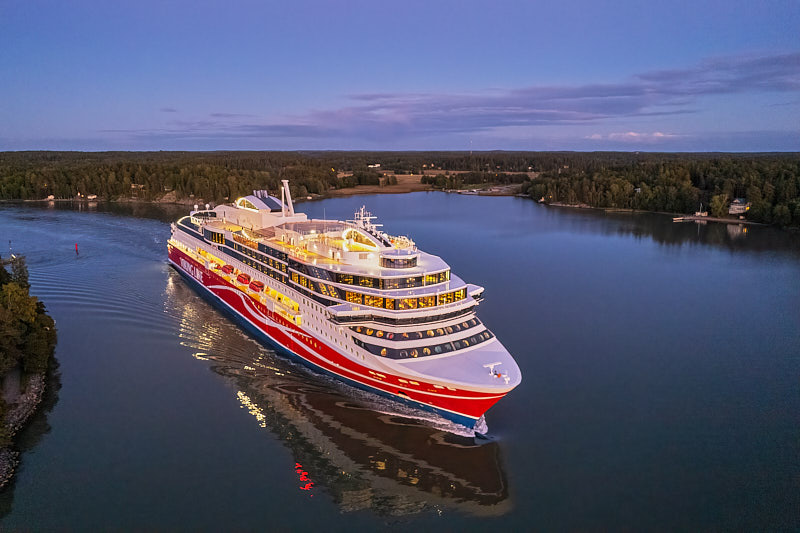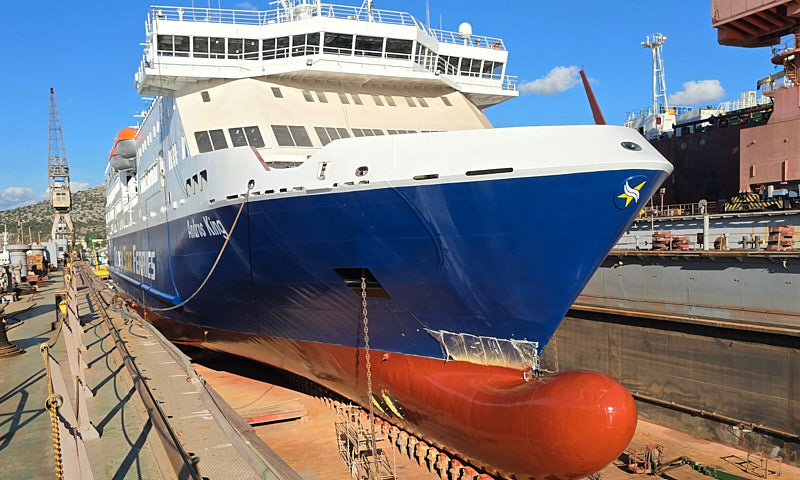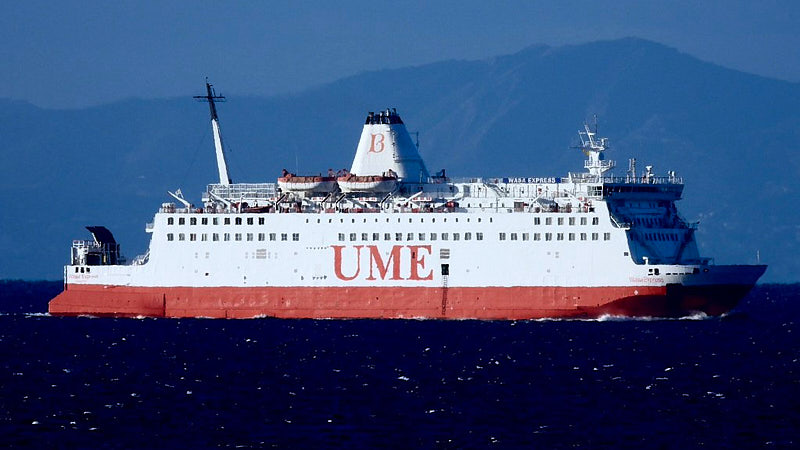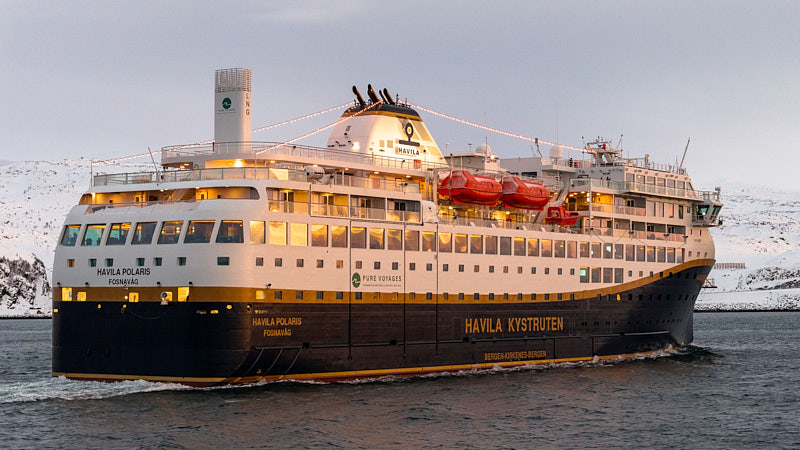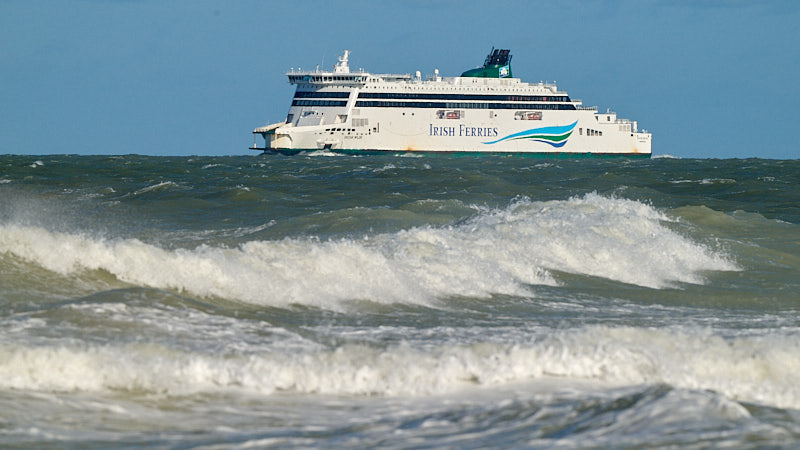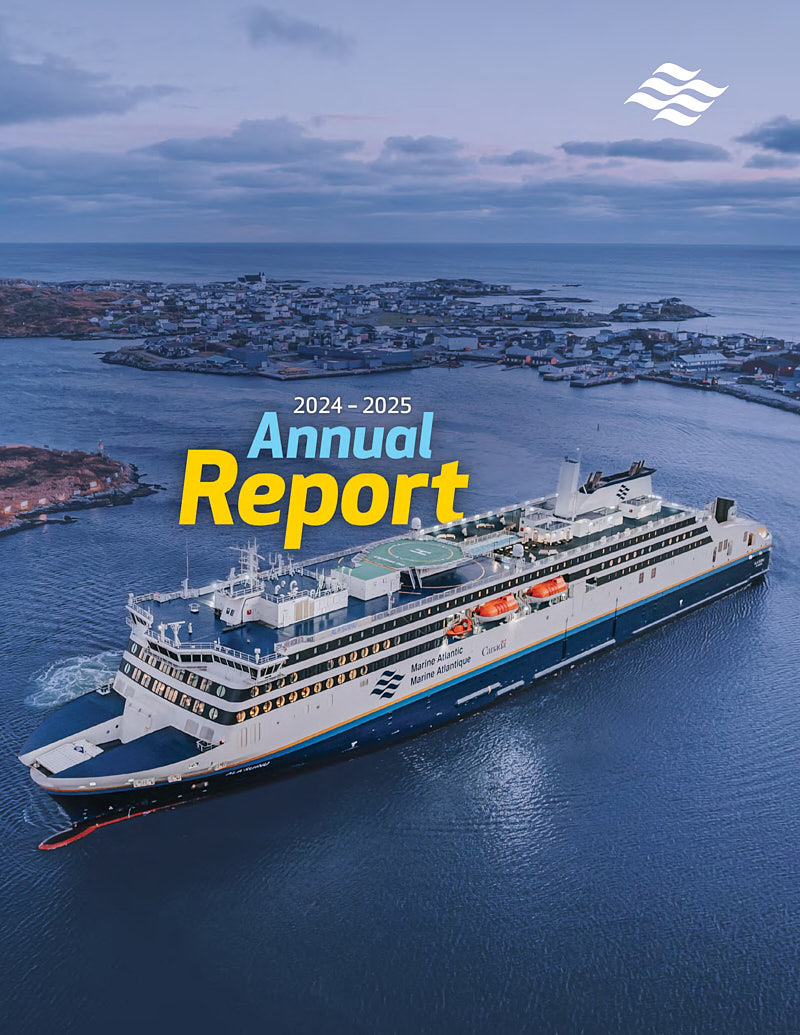Irish Continental Group (ICG) recorded strong revenue growth in the first ten months of 2025, supported by higher freight and container volumes, despite weaker car carryings. Consolidated Group revenue rose to €573.0 million, up 10% year-on-year (2024: €521.0 million).
Volumes: Freight Up, Cars Down
For the year to 22 November, Irish Ferries carried 624,300 cars, a decline of 4.8% compared with 2024. RoRo freight increased 4.9% to 735,200 units. Container traffic under Eucon continued its strong growth trend, rising 16.6% to 338,100 TEU, while terminal lifts in Dublin and Belfast increased 5.8% to 324,800 units.
Divisional Performance
The Ferries Division reported €399.5 million in revenue to 31 October, up 6.3% on last year. Total revenues included customer surcharges related to fuel and EU ETS costs.
The Container and Terminal Division grew even faster, with revenues of €199.1 million, an increase of 16.2%.
Higher Net Debt After Fleet Investment
Net debt rose following fleet and asset acquisitions, including the JAMES JOYCE cruise ferry and an additional container vessel. Pre-IFRS 16 net debt reached €119.8 million, compared to €56.6 million at year-end 2024. On an IFRS basis, net debt increased to €242.3 million (2024: €162.2 million).
Source: ICG – Trading Statement 26 November 2025
